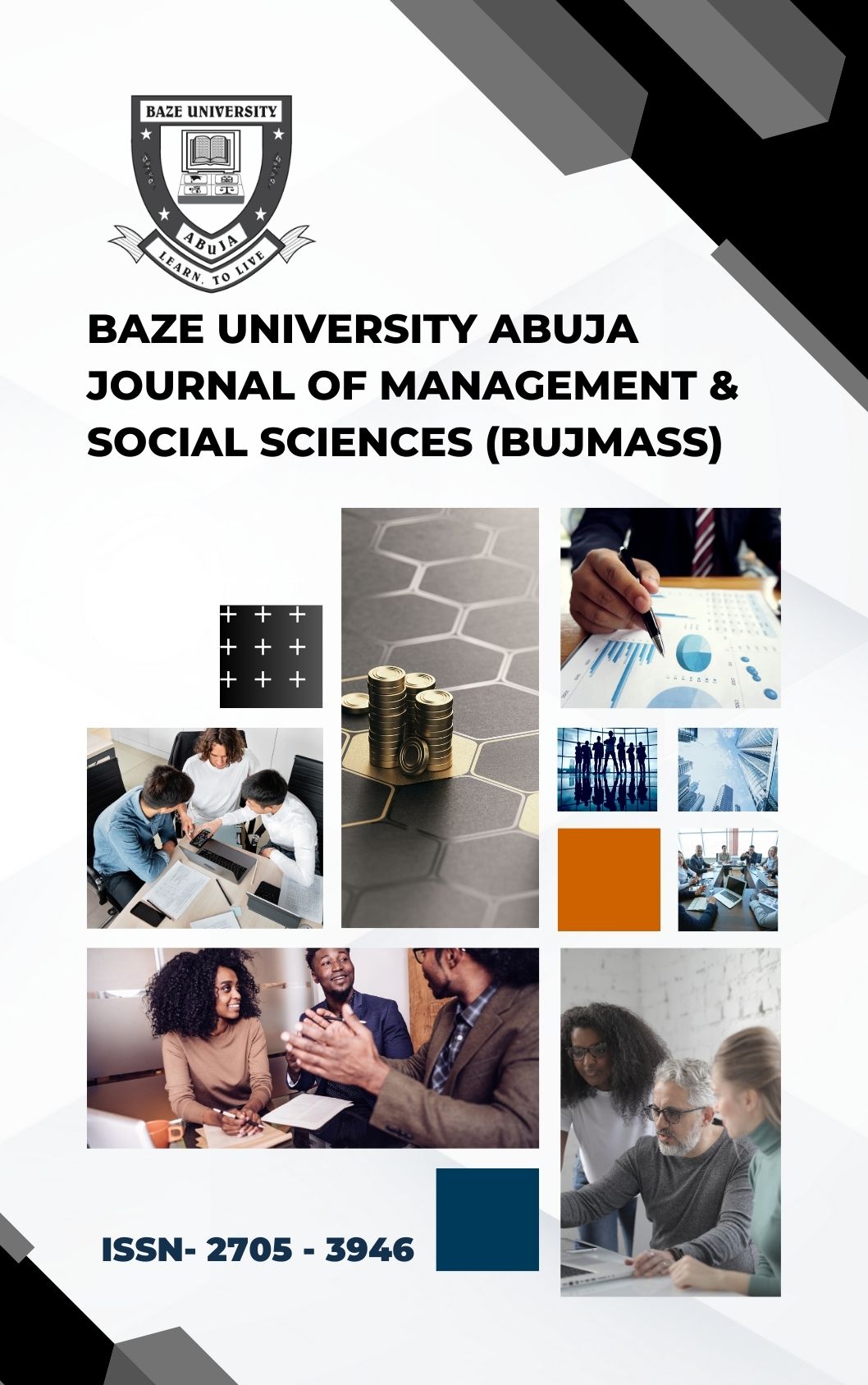Abstract
ABSTRACT
This article investigates the relationship between financial sector instability and households’ welfare in Nigeria. Per capita income and household consumption expenditure are two proxies of households’ welfare. The study disentangles the effect of financial sector instability emanating from credit growth and instability from growth in money supply. It employs Autoregressive Distributed Lag (ARDL) model to analyze time series data that spans the period 1980-2016. The study adopts Minsky (1992) financial instability hypothesis as theoretical framework which stipulates that periods of financial calmness is likely to be followed by episodes of crises as rapid financial innovation fuels speculations and Ponzi finances that undermine equity and hedges in the financial systems. The regression results remain robust after controlling for a number of macroeconomic variables. The ARDL bound test indicates long run relationship among the variables. The result indicates that financial instability has negative impact on households’ welfare, which may retards the beneficial effect of financial development in Nigeria. The study recommends policies that will fortify financial system and forestall financial crises as adherence to credit prudential guidelines, financial hedges to mitigate shocks and volatility, strengthening of the regulatory, legal and enforcement capacities of the financial systems.



 National Library of Nigeria
National Library of Nigeria.jpg) Association of Nigerian Authors
Association of Nigerian Authors Nigerian Library Association
Nigerian Library Association EagleScan
EagleScan Crossref
Crossref